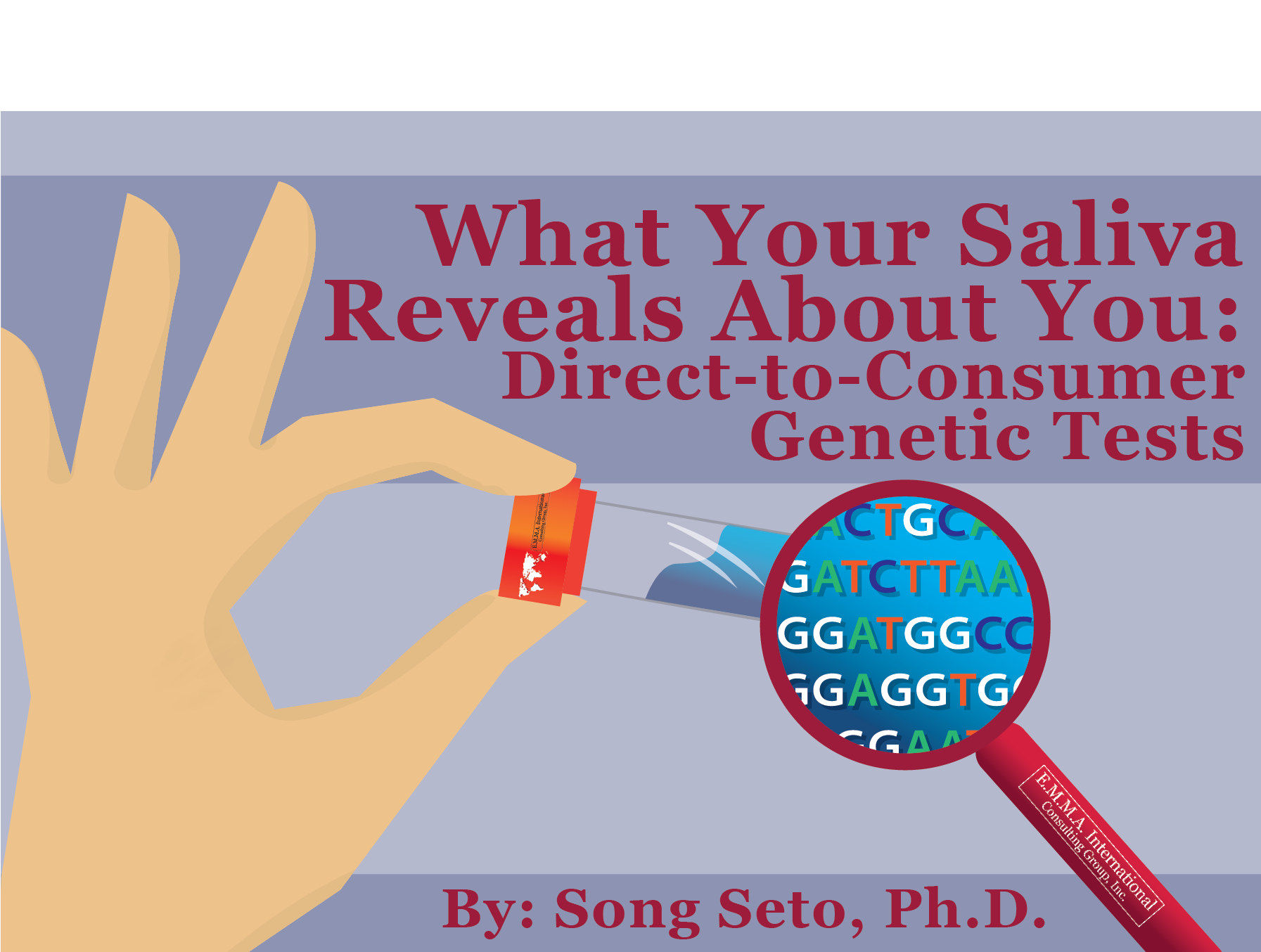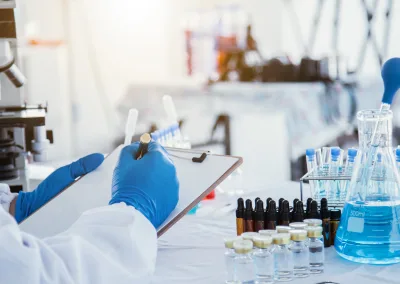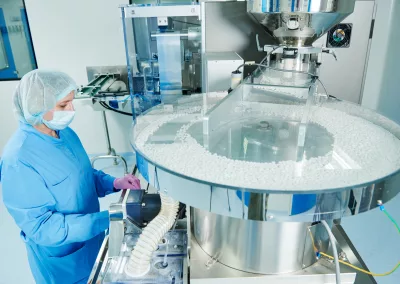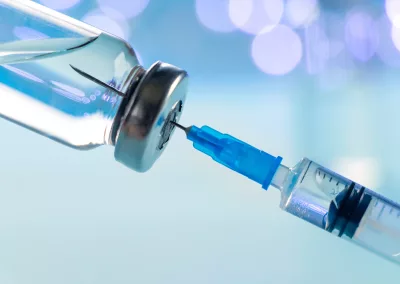Direct-to-consumer (DTC) tests, such as those marketed by 23andMe, are changing the classic paradigm of health professionals ordering and interpreting genetic testing for a patient. In this article, we provide an overview of the DTC landscape and the regulatory pathways.
Not all direct-to-consumer (DTC) genetic tests are regulated by the Food and Drug Administration (FDA). In general, low-risk tests such as ones for general wellness, entertainment, and ancestry exploration are not reviewed by FDA. Tests that have a higher risk, such as those that can indicate a predisposition for a serious disease are reviewed by FDA.
While DTC tests entered the market in an ambiguous regulatory environment, FDA is attempting to streamline the process for consumers to access their personal genetic information while weighing the risks of such tests. Today, DTCs are reviewed by FDA for accuracy, reliability, and consumer comprehension of the limitations of the test.
In 2015, the first DTC test granted FDA marketing authorization, a carrier screening for Bloom Syndrome, was evaluated via the De Novo Classification Request (“De Novo”) pathway. The De Novo process is a way to classify novel medical devices that do not have a marketed predicate device but are not sufficiently complex or of a high enough risk to warrant a Class III classification. When devices are classified into Class I or Class II through a De Novo process, they may be used as predicate devices for future 510(k) submissions.
The following are recent regulations created for DTC tests through the De Novo process:
21 CFR 866.5940 – Autosomal recessive carrier screening gene mutation detection system
21 CFR 866.5950 – Genetic health risk assessment system
21 CFR 862.3364 – Pharmacogenetic test
21 CFR 866.6090 – Cancer predisposition test
As genetic analyses become more affordable, DTC tests are set to become more prevalent. The regulatory framework for these tests have changed remarkably in the past decade, and will continue to evolve as technology improves, more genetic data becomes available for use, and more competitors enter the market.
Do you need assistance in preparing a De Novo Classification Request or do you want to know more about the regulatory pathway for direct-to-consumer tests? Please contact us at (248) 987-4497 or info@emmainternational.com.
Additional Information:





